Liz Truss doesn’t waste energy on unnecessary emotion. At the announcement of her victory at the QE2 Centre, she ditched the convention of hugging your partner and shaking hands with the runner-up. Instead she grabbed her notes from her husband Hugh O’Leary and marched past Rishi Sunak without a second glance. No time for sentimentality! Different from Johnson, surrounded by his siblings and ubiquitous father, or the uxorious Cameron and doting May. She knifed to the microphone with the same steely determination she showed all those decades ago when she told the Lib Dem conference to abolish the monarchy. The script has changed, the focus has not. Just before midnight on the first day of her regime, she rejected another convention: the showy buttering of POTUS. After her first telephone conversation with Joe Biden, she made no reference to the famous ‘special relationship’, the bond between the world’s two richest anglophone nations, the shared history of challenging tyranny (some of the time). Instead Liz talked coolly of ‘working together as leaders of free democracies to tackle shared challenges – particularly the economic problems caused by Putin’s war’. Her pragmatism, her rejection of the conceit of ‘specialness’, is certainly refreshing. Whether colleagues and world leaders will find it bracing remains to be seen.
None of which is to say she is dull. I’ve chatted with assorted foreign secretaries over many years, and most – even Boris Johnson in his pomp – played the ball not the man. Truss cares less about diplomatic niceties. At a party last year, she responded to a technical point I was making about the UK’s trade deal with the EU by calling me a ‘walking cliché’. It’s a badge I wear with pride.
At Oxford, she shared eight tutorials in mathematical logic with one of my heroes: the BBC’s magnificent debunker of statistical fallacies, Tim Harford of More or Less. He remembers they studied ‘Cantor’s infinities, Peano arithmetic, Turing machines, all the good stuff’. But what about her? What does he remember? Nothing, it turns out. ‘I am really much better at dealing with numbers than dealing with people I don’t know well.’ Given the economic crisis we’re in, one hopes Truss too is better at dealing with numbers than people.
I ran into the new Foreign Secretary, James Cleverly, on Tuesday. ‘Thought you were in jail?’ he said. Ah yes. The comedian Joe Lycett presented a painting of me behind bars to Laura Kuenssberg on the set of her new Sunday show. When I first saw it, I laughed. The likeness, the absurdity. I have only admiration for Laura K (and hope she doesn’t desire to see me incarcerated).
Kwasi Kwarteng, the new Chancellor, is the only member of the cabinet who is like a politician from a different age. First, he’s written proper books – decent ones. Second, even on camera, he’s prepared to engage in argument rather than dodging and diving. He has intellectual confidence. I’ve lost count of the number of women who go misty-eyed at his brilliance when reminiscing about meeting him years ago at parties. One thing’s certain, when he and Truss talk about rejecting the Treasury orthodoxy, believe them. For the first time since the young Gordon Brown took office in 1997, the mandarins are going to struggle to contain a new chancellor. Some of my brainy hedge-fund friends think that’s a good thing. But that may be because they thrive on the kind of extreme markets and economic volatility which may not suit the rest of us.
The week began with the ten-year anniversary of the death of my wife, Siân Busby. It’s funny how time works. The resignation of Boris Johnson seems an age away, the departure of Theresa May ancient history. But Siân’s death from cancer on 4 September 2012 is yesterday to me. Politics matters. Work matters. But without us making any choice, the brain automatically ranks the events that shape us and change us. It turns out hugs are sometimes important, especially when you can’t have them any more from the people you love.
Got something to add? Join the discussion and comment below.
Get 10 issues for just $10
Subscribe to The Spectator Australia today for the next 10 magazine issues, plus full online access, for just $10.
You might disagree with half of it, but you’ll enjoy reading all of it. Try your first month for free, then just $2 a week for the remainder of your first year.


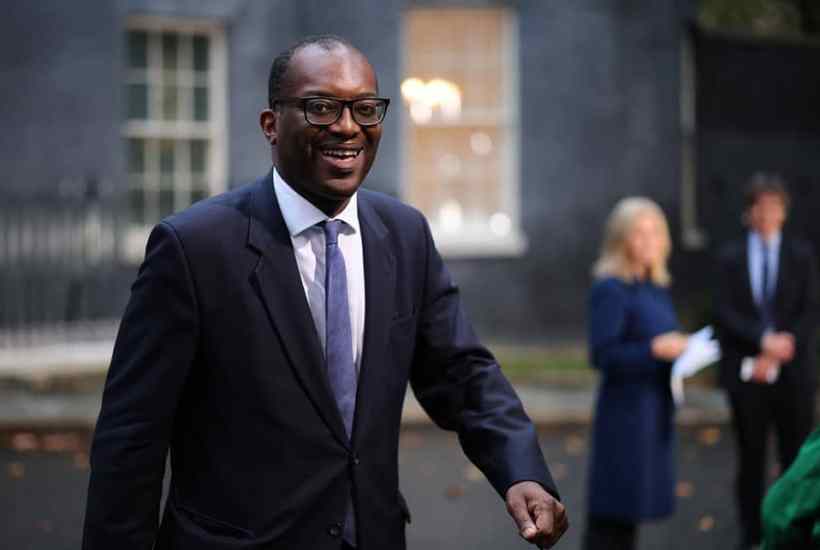

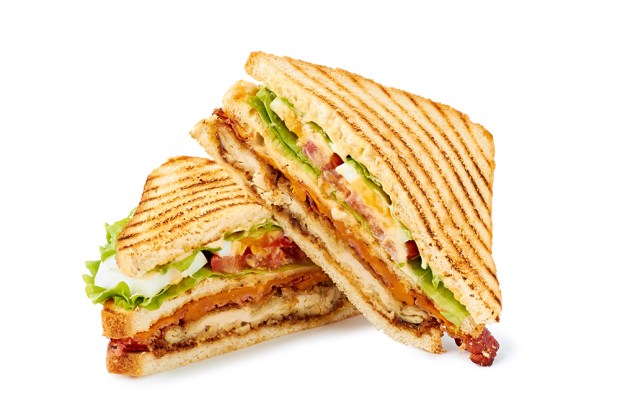
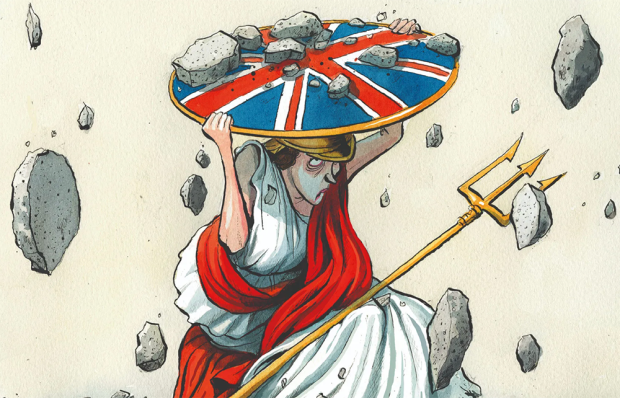
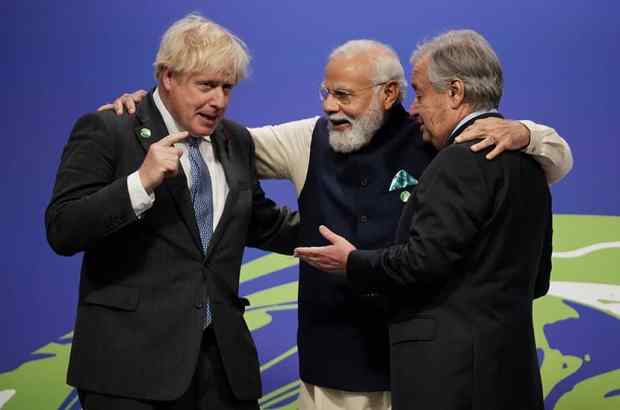
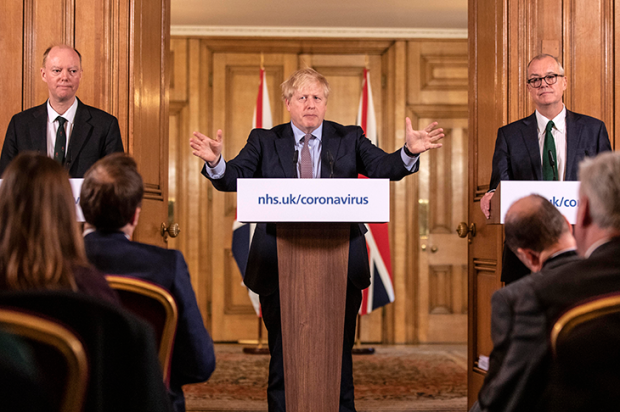
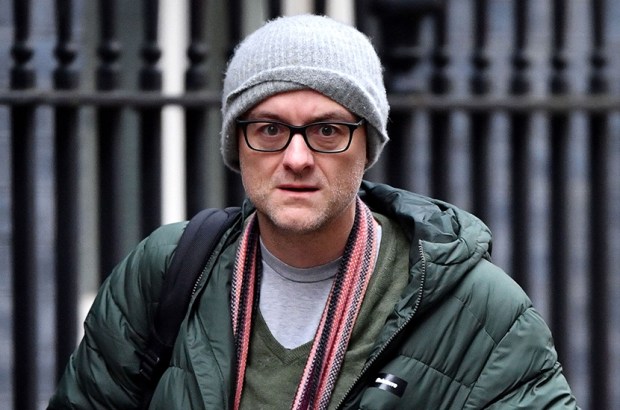






Comments
Don't miss out
Join the conversation with other Spectator Australia readers. Subscribe to leave a comment.
SUBSCRIBEAlready a subscriber? Log in